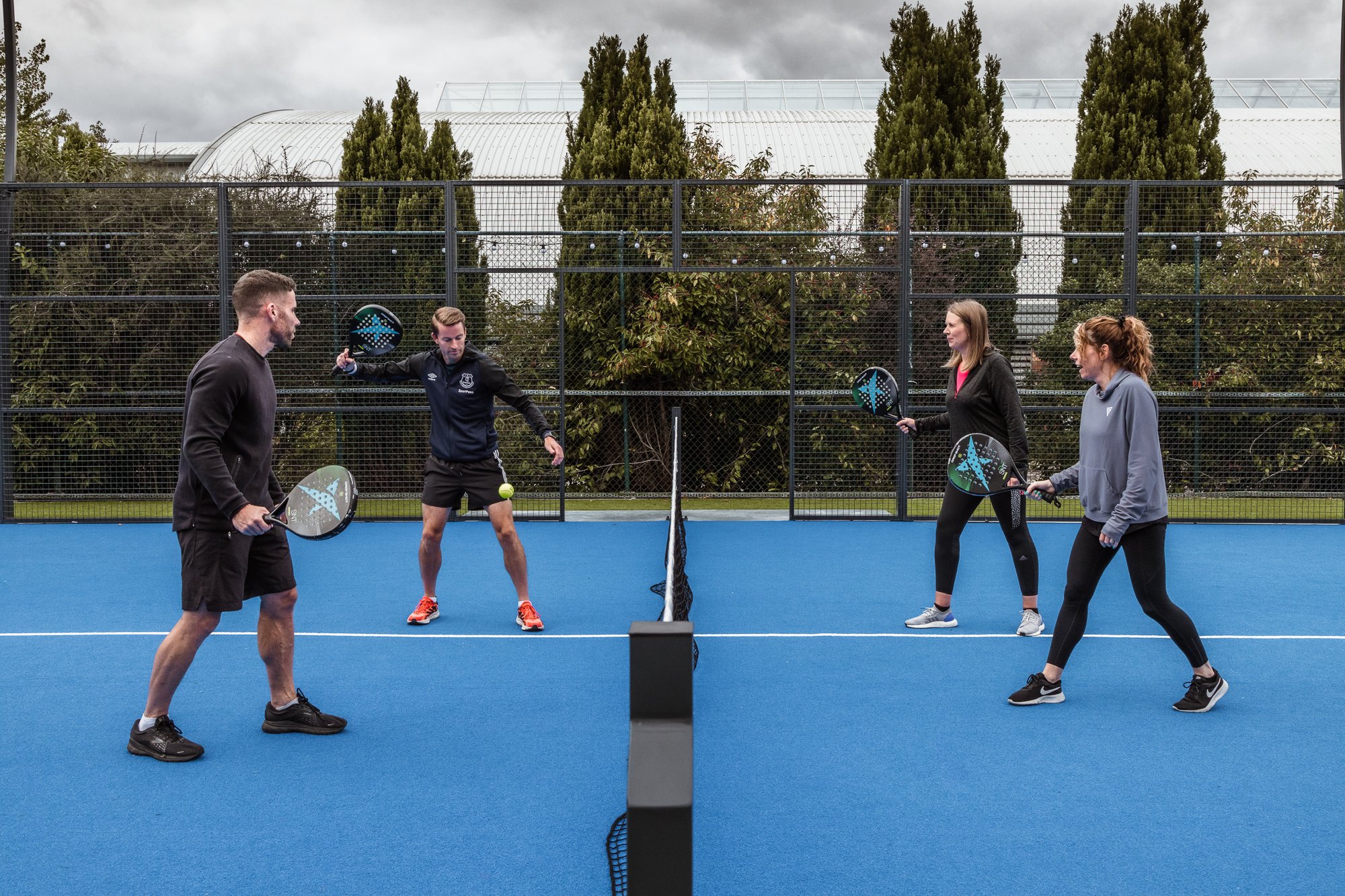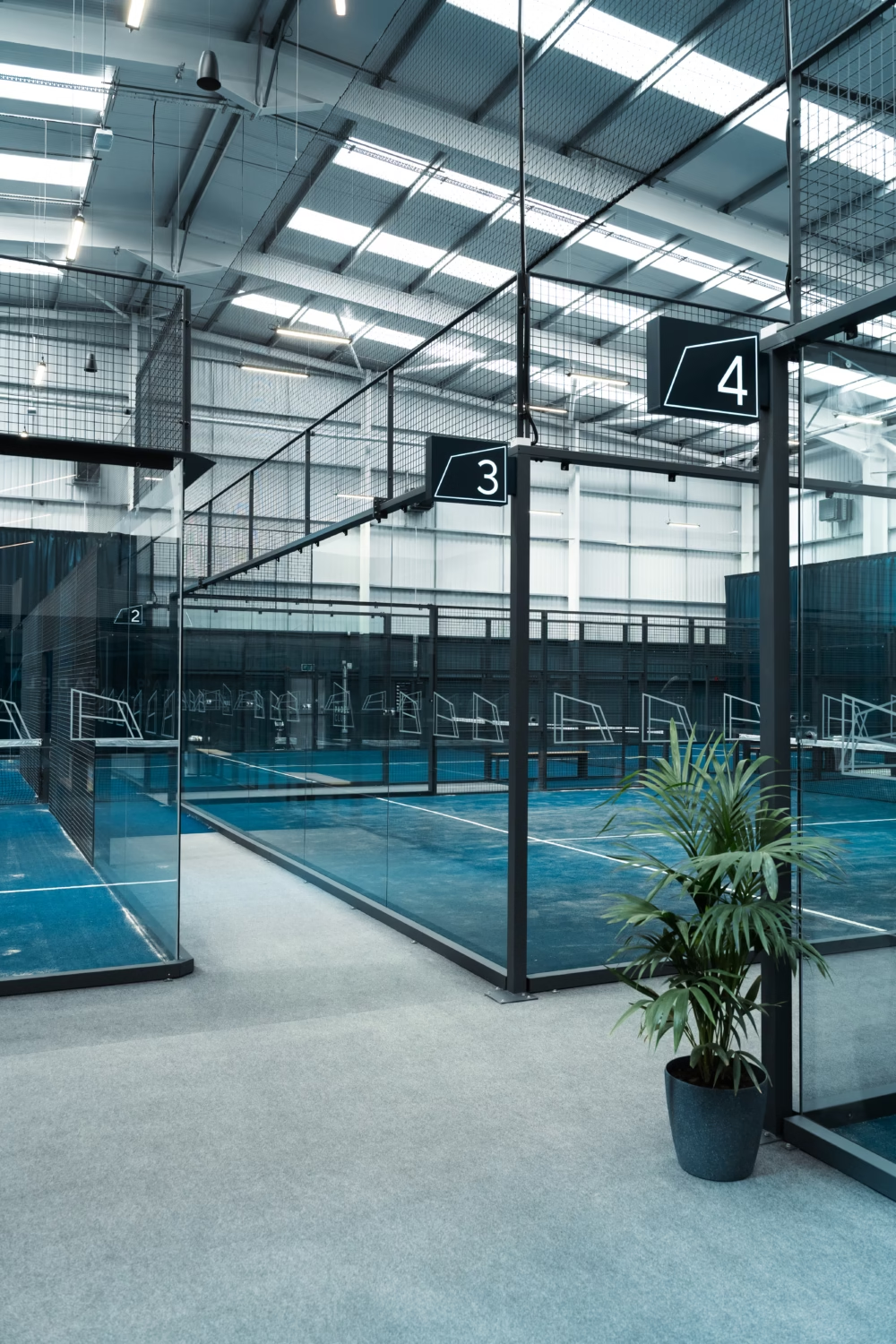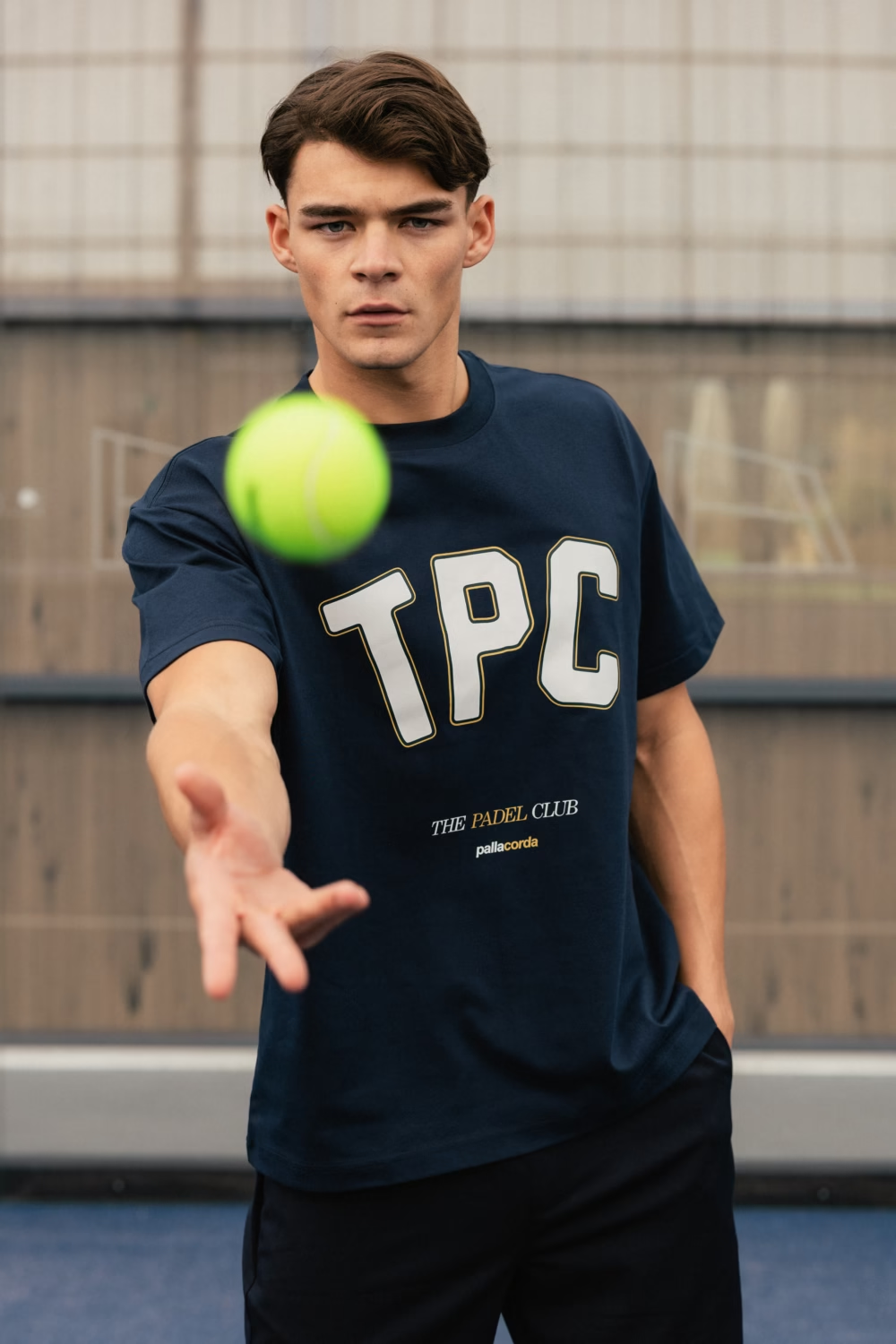There comes a time when we all say to ourselves, “I need to do something about my health”. It’s usually in January, thanks to hours of overindulging, getting through boxes of chocolates (minus the coconut ones, naturally) and being sedentary throughout Christmas.
In a haze of not knowing what the days between Christmas and the day you get back to work were - there are resolutions about health, diets and even the way we think we are going to change the way we live. That salad draw in the fridge now has salad, and you’re eating it, for now.
Week two, you’re going strong, still conscious of your health so much so that your local takeaway may be sending out a search party but you’re fighting the fight. You’ve managed to get through that daily smoothie, without fail and so on. You’re still hitting the gym, breaking a sweat, putting in the hours…
It’s a sight that is common around the country, but it all comes crashing down sometime around week 3. Because the reality is this, ‘50% of people give up on their gym goals by the end of January’. Training alone, bored with no motivation to go time and again.
In a survey carried out to 2000 adults by Second Nature, the results should tell us everything we need to know about why we fail at the January health kick. Losing motivation topped the list at 34%, while missing foods followed a close second with 33% of participants citing this as their reason for giving in. Having unrealistic goals (18%), as well as receiving pressure from a partner (7%) or friends (5%), while 5% said their diet was affecting their love life, were also all given as reasons for packing in the good intentions.
Marketers and social psychologists have gotten very good at analysing when we are doomed to fail. Scroll through your social feeds (if you dare) to discover that somehow, Blue Monday isn’t only a song by New Order but when we are set to give up on all of our good intentions and in some cases, jobs and marriages… ouch.
So what is the solution? How can we address the balance of doing something that is not only good for us physically but equally, doesn’t make us want to give up at the first sign of distress and thus, mentally?
Chris Bailey, author of How to Calm Your Mind, Hyperfocus and The Productivity Project believes that tying new habits to your life is key.
“It is easier to make new habits than to break old ones because when you are trying to break a habit you are fighting against strong mental associations you have formed between a situation and an action.”
Brendan Kelly, a psychiatry professor and the author of The Science of Happiness: The Six Principles of a Happy Life and the Seven Strategies for Achieving It adds to Bailey’s research, “Over 80% of what we do is habit so linking a new activity to an old habit helps the new activity to become a habit.”
Let’s say you go to the gym 4 days a week. In those 4 days you are on a regimented plan, you are spending an hour around the weights and possibly 15 - 30 minutes on cardio. This, for anyone, would get tedious. As Kelly points out, “ it's important that people don't aim too high, but resolve to make two or three modest changes in your life”.
By combining modest changes with forming new habits we are more likely to stick to our new year goals and even enjoy them.
If we were to take the example from above and by simply removing 2 of those days dedicated to the gym and instead forming a new habit - like walking the dog or picking up a new sport, we can find better balance and help to achieve the health and lifestyle goals we are searching for. We are also more likely to still go to the gym in the long run.
Award-winning behavioural scientist Katy Milkman and author of “How to Change: The Science of Getting from Where You Are to Where You Want to Be,” backs all of this up with her research. “If it’s not fun to exercise or study, you’re unlikely to keep at it. But if you get pleasure from your workouts or study sessions, research has found you’ll persist longer. And in the end, that’s what often matters most to achieving a resolution.”
This is where social sports have the advantage. They promote wellbeing by curating the kinds of things that not only are fun, but keep us accountable to other people too. By doing so, we get the positive mental benefits from stress relief to social well being.
Padel then, could be the sport that makes 2023 the year you finally hit one of those “new year, new me” goals.
“Padel is the perfect activity for those who are looking for something that can test them physically but equally, can be played with a smile on their faces.” Kris Ball, CEO of The Padel Club. “In a 60 minute session, players are active for nearly 45 minutes and yet, ask anyone stepping off the court if it feels like a long time, you’re guaranteed to hear, ‘not at all.’”
Part of the success of Padel is that it manages to mix the social with the sporting attributes so easily. The Padel Club has for example found that “players who have no one to play with in the first time of coming across will either be making new club friends by the end of their first game or be back playing with the same people the following week.”
So what is the key to achieving your new year goals?
Science tells us that we need to form a new habit, we need to break away from the psychological patterns that hold us back and that we need to set small goals for ourselves. We also need to make it fun, and make it social so that we have accountability in one form or another.
Padel isn’t the answer to everything - unfortunately - but if trying a new sport that is fun, that breaks us away from the mundanity of the gym and equally opens our world to meeting new people and forms a new health habit, then surely, it’s something you need to try for 2023.








